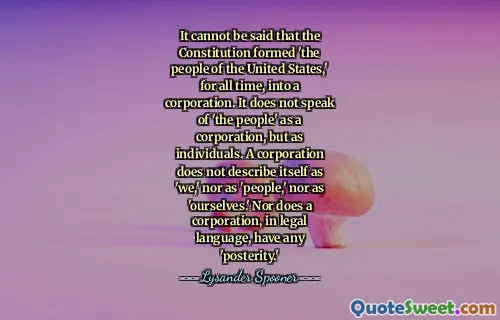Whereof one cannot speak, thereof one must be silent.
The quote "Whereof one cannot speak, thereof one must be silent," from Ludwig Wittgenstein’s work, highlights the limitations of language and the ineffable aspects of reality. Wittgenstein suggests that if something cannot be meaningfully expressed or articulated in words, it is better to remain silent about it. This reflects his view on the boundary between what can be said and what lies beyond our linguistic capabilities.
This notion emphasizes the importance of clarity in communication and invites us to acknowledge the gaps in our understanding. Rather than attempting to convey the uncommunicable, we should recognize the constraints of language and the necessity of silence in the face of the unspeakable. Wittgenstein's perspective encourages deeper reflection on the nature of meaning and the philosophical implications of expression.



